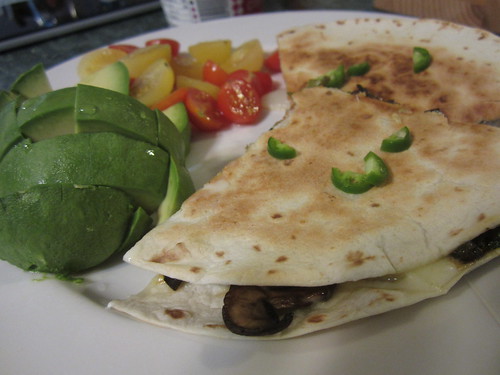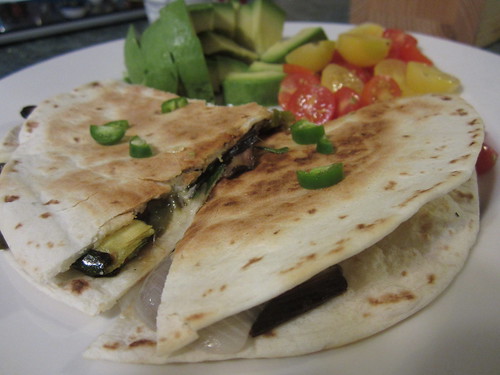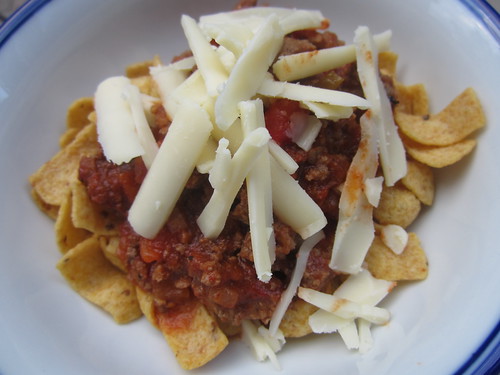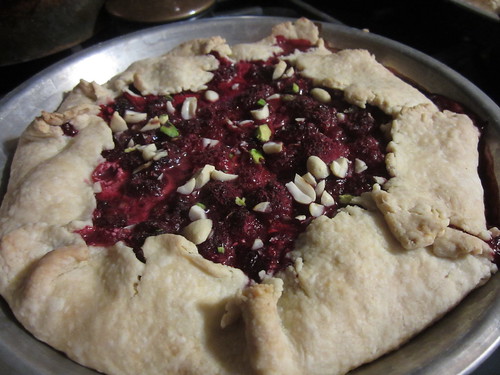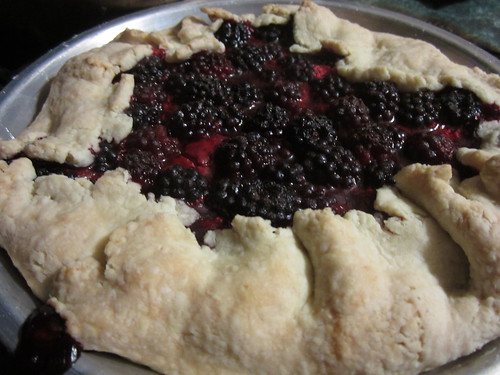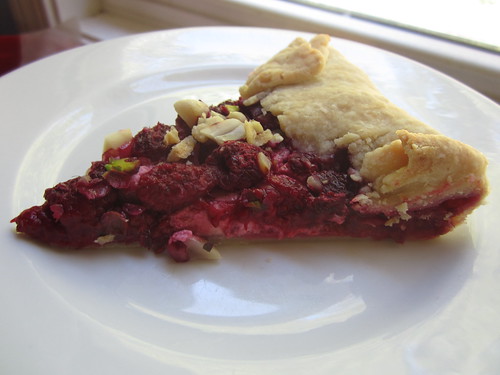I’ve just finished reading Tamar Adler’s An Everlasting Meal, and it makes me want to cook again. The way she describes the process of building a meal is singularly poetic but never less than utterly exact. Ingredients that would otherwise be cast aside or despaired at are coaxed, loosened, encouraged, and otherwise brought along to their perfection.
If the cook should coax imperfectly, she offers solutions for every pedestrian wrong turn short of burnt garlic. Over-salted pasta can become the filling for a pasta frittata, and over-boiled eggs are destined for an egg salad.
But although she embraces thrifty cooking, local and humane eating, and classic peasant dishes, this book is about much more than cooking from the garden, eating in season, and smugly grounding one’s moral superiority in one’s manner of breaking bread. And although Adler helps her amateur cook through workaday bungles and suggests that she take this to work, or cook that immediately upon stepping off the subway and into the apartment, this book is about much more than making fast fixes and quick meals.
This is a book about competence, control, and flexibility in the kitchen, but it is also a book about living humanely and responsibly, with a lavish frugality. Adler begins with the hungry reader. “Instead of trying to figure out what to do about dinner,” she suggests, “put a big pot of water on the stove, light the burner under it, and only when it’s on its way to getting good and hot start looking for things to put in it.” From this beginning, we wend from one meal to the next, “ingredients…toppl[ing] into one another like dominos,” borne through the everlasting meal by her stories of past meals, cultural observations, and (always my favorite) etymological illuminations.
After Chapter One, How to Boil Water, we learn How to Teach an Egg to Fly (the answer I found in that set of 16 pages: make shakshouka), How to Make Peace (rice, grits, and other grains, that’s how), and How to Build A Ship, which is about how to fall in love with cooking all over again (or, for some, for the first time).
This is neither a lyrical meditation on the practice of cookery that manages to be thoroughly practical, or a De Re Culinaria that happened to soar above itself, but a graceful and elegant interweaving of the two types. It has already changed the way I cook.









